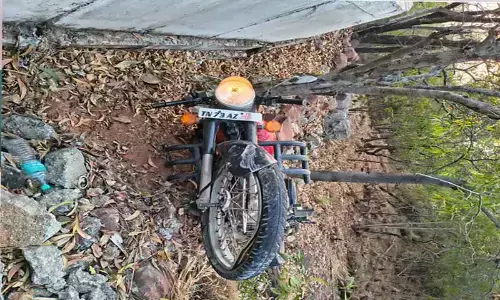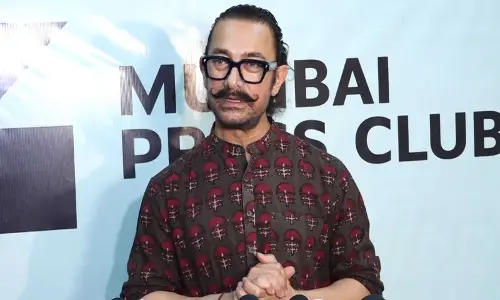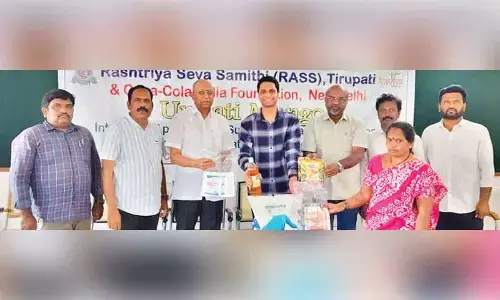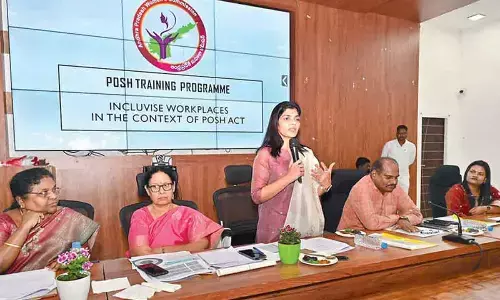Quota in promotions
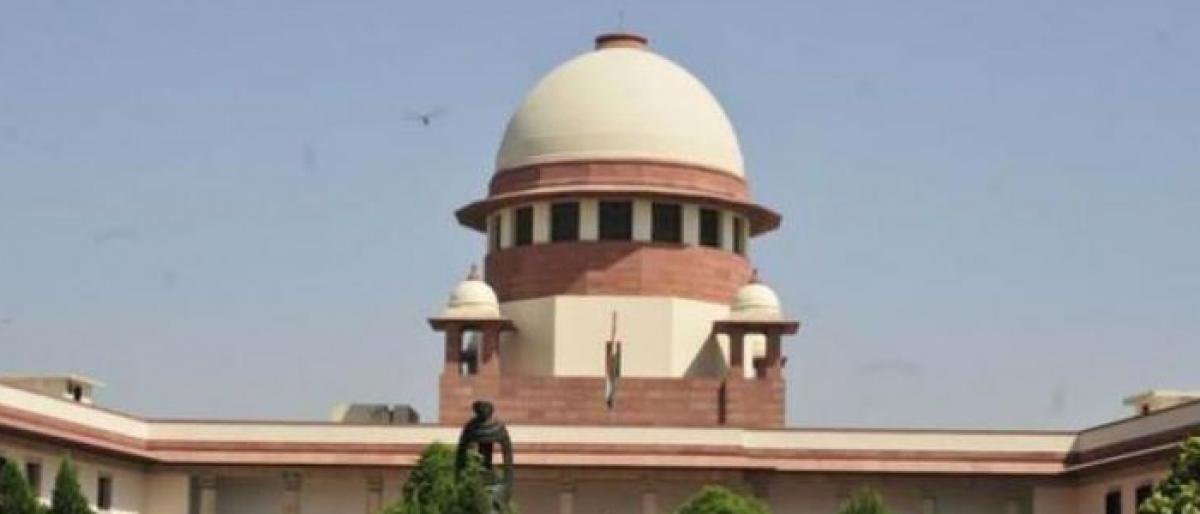
Last week the Government of India told the Supreme Court that creamy layer concept cannot be applied to deny benefits of reservation in promotions to government employees of the SCST communities as the stigma of caste and backwardness is still attached to them While there is a forceful argument to take away the benefits from the affluent backward, statistics show that a large section of those
Last week the Government of India told the Supreme Court that creamy layer concept cannot be applied to deny benefits of reservation in promotions to government employees of the SC/ST communities as the stigma of caste and backwardness is still attached to them. While there is a forceful argument to take away the benefits from the 'affluent backward,' statistics show that a large section of those who deserve reservation the most are not even aware of it.
The stigma of backwardness is still attached to these communities and there is no judgement saying those among them who are affluent can be denied benefits. The 'creamy layer' refers to the relatively wealthy people from marginalised communities. Based on a 2006 Apex Court ruling, they do not get reservations if they are from the Other Backward Classes, but, the same has not been applied to SC/STs. The Supreme Court later
agreed to hear a petition that has demanded the same exclusion for the 'creamy layers' in the SC/ST communities.
There is a legal assumption of the backwardness of SC/ST communities. The question here is once the backwardness is presumed and benefits are given, could it be taken back for whatever reasons at a later date?
There is intra-caste competition among SCs and STs, since some segments have progressed a lot while the others have not yet reaped any benefits. What should be remembered is that despite the 'progress' of some sections, social backwardness remains a permanent imprint. Social backwardness is a permanent impression and does not go away with affluence. In most cases, as the government preferred to argue, they have to marry amongst themselves and marrying someone from a higher caste is still not acceptable to the society.
However, if the government wants to introduce quotas in reservations, it needs to collect quantifiable data showing the backwardness of these classes. Constitution itself creates a presumption in favour of Scheduled Castes and Scheduled Tribes that they are backward classes of citizens. The Centre argues that the Nagaraj verdict destroyed the very essence of Article 16 (4A) by imposing on the State the need to bring to the table 'quantifiable data' to justify its decision to promote SC/ST officers in public employment and submitted that the government wanted a total of 22.5 per cent posts reserved for promotion for SC/ST in public employment. Its stand is that only this position would satisfy the need for adequate representation.
Another point here is that if OBCs are deprived of the facility or reservation in promotions, then the same should apply to SC/STs too because both enjoy the same protection under Article 16(4). Not doing the same would be contrary to the provisions. For a country that has scarce and limited public resources, reservations unquestionably have important social, economic and political implications. Since the day of caste-based reservations, resentment in various forms had always been there. A comprehensive assessment of reservation policy not only calls for engaging in a dialogue with opponents and supporters alike, but also ensuring that the voices of less vocal groups who are not even aware of such programmes are represented as well.



